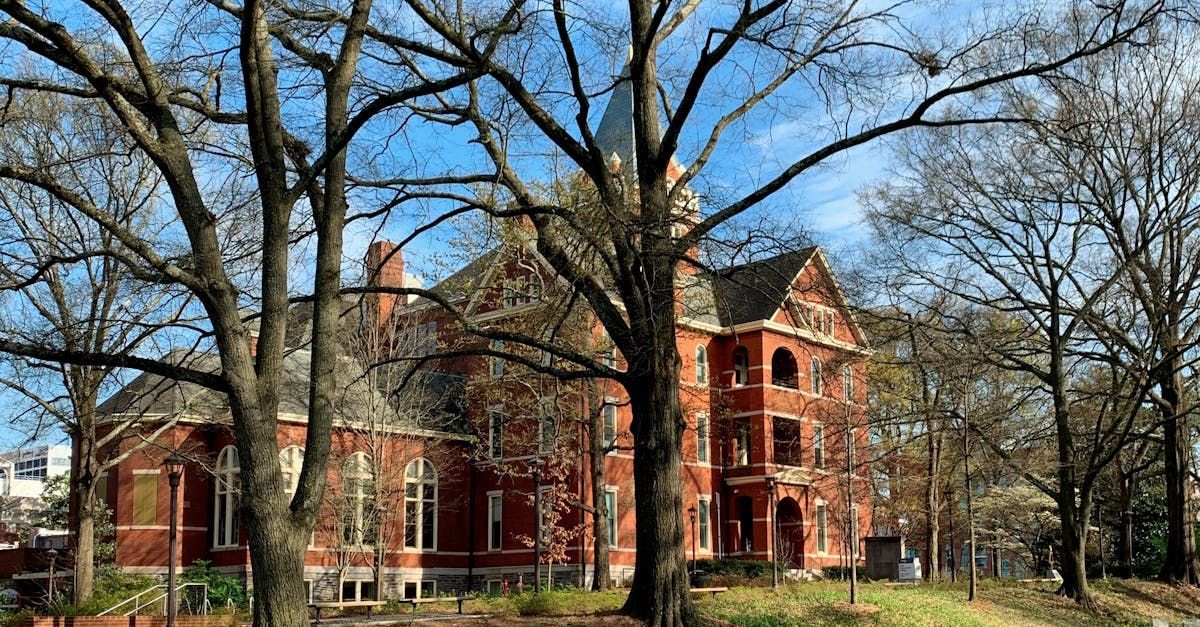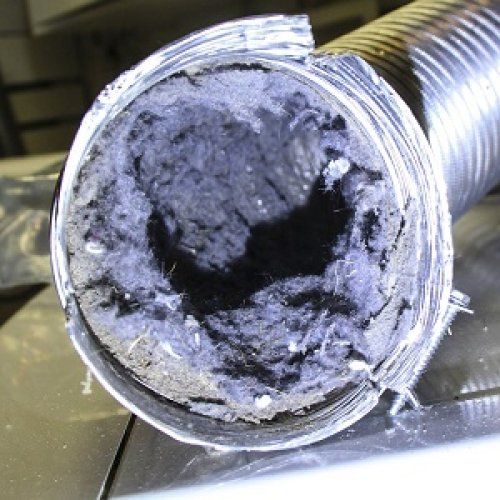Unveiling Mold: The Importance of Testing in Concord's Older Homes
The importance of testing homes with fieldstone foundation basements

In Concord, Massachusetts, where history and heritage intertwine with modern living, older homes with fieldstone basements stand as relics of the past. While these homes exude charm and character, they also present unique challenges, particularly when it comes to indoor air quality and the presence of mold. Recently, PowerBees, a leading indoor air quality company, conducted mold testing in a Concord home built in the early 1900s, shedding light on the importance of mold testing in older homes with fieldstone basements.
Mold testing is crucial for identifying and addressing potential mold growth in homes, especially those with fieldstone basements, which are prone to moisture intrusion and poor ventilation. In the case of the Concord home, mold testing conducted by PowerBees revealed the presence of Penicillium, Aspergillus, and Stachybotrys – common types of mold found in damp, humid environments.
Penicillium and Aspergillus are among the most commonly encountered molds indoors. While they are generally not harmful to healthy individuals, exposure to high concentrations of these molds can trigger allergic reactions, respiratory issues, and exacerbate existing conditions such as asthma and allergies. Additionally, prolonged exposure may lead to more severe health effects in vulnerable populations.
Stachybotrys, commonly known as black mold, is a more concerning type of mold due to its potential to produce mycotoxins, which can pose serious health risks to humans. Inhalation or ingestion of Stachybotrys mycotoxins can cause respiratory problems, neurological issues, and other health complications. Identifying and addressing Stachybotrys contamination is crucial for protecting the health and well-being of occupants, particularly in older homes where moisture and humidity levels may be higher.
The presence of Penicillium, Aspergillus, and Stachybotrys in the Concord home underscores the importance of mold testing in older homes with fieldstone basements. Left unchecked, mold growth can compromise indoor air quality, leading to respiratory issues and other health concerns for occupants. By conducting mold testing, homeowners can identify the presence of mold early on and take appropriate measures to address the problem, safeguarding the health of their families and preserving the integrity of their homes.
PowerBees' expertise in mold testing and remediation enables homeowners in Concord, MA, to assess and mitigate mold-related issues effectively. With specialized equipment and techniques, PowerBees' technicians can accurately identify mold species and provide tailored solutions to address mold growth and improve indoor air quality. From moisture management to mold remediation, PowerBees offers comprehensive services to ensure that homes are safe, healthy, and comfortable for occupants.
In summary, mold testing is an essential step in managing indoor air quality, particularly in older homes with fieldstone basements in Concord, MA. PowerBees' recent mold testing in a Concord home underscores the significance of identifying and addressing mold growth to safeguard the health and well-being of occupants. By partnering with PowerBees, homeowners can proactively manage mold-related issues and create a safer, healthier living environment for themselves and their families.


















